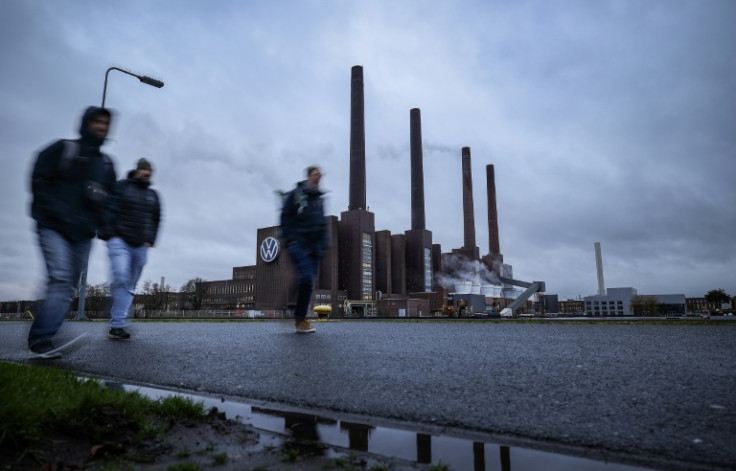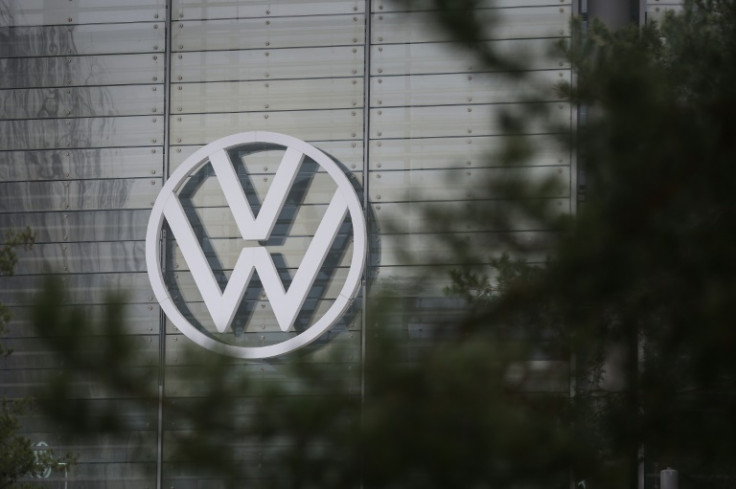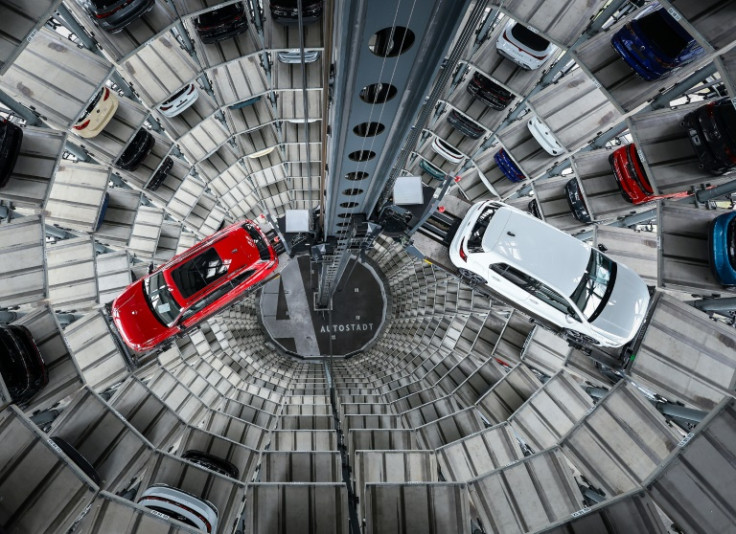'Catastrophe': Volkswagen Town Rattled By Trump Trade War

The dour mood at Germany's crisis-hit auto giant Volkswagen has given way to angst and fury as US President Donald Trump has escalated a trade war against friends and foes alike.
Veteran auto workers who spent decades at the plants of Germany's storied industrial titan fear for the worst since Trump has ramped up a range of import tariffs, sparking global market turmoil.
"A catastrophe, terrible," said retired VW autoworker Richard Arnold, 85, expressing a sentiment widely shared in Wolfsburg, where the carmaker is headquartered and which is dominated by the smoke stacks of its own power plant.
A veteran of Europe's biggest car manufacturer, Arnold predicted that "America will suffer just as much with the price increases" sparked by Trump's aggressive trade policies.
Volkswagen -- which has been battered for years by high energy and labour costs as well as stiff competition from China, especially in electric vehicles -- announced in December, after a bitter, months-long industrial dispute, that it would cut about 35,000 jobs by 2030.
Last week Trump, who has long railed against the sight of imported German cars on American streets, gave automakers in Europe's biggest economy another headache when he slapped 25-percent tariffs on car imports.
The US president followed up with a baseline tariff of 10 percent on worldwide imports, and extra levies on dozens of countries exporting more to the United States than they buy.
The auto industry is a flagship sector in Europe's biggest economy, and the United States was last year the top importer of the country's cars, receiving about 13 percent of Germany's shipments.
Volkswagen -- a 10-brand group which also includes Audi and Porsche as well as Seat and Skoda -- sold just over one million vehicles in North America last year, 12 percent of its sales by volume.
The company has so far been restrained in its response, with a Volkswagen spokesman telling AFP that the carmaker was assessing its options.
"We have our dealers' and customers' best interests at heart, and once we have quantified the impact on the business we will share our strategy with our dealers," he said.
But another retired VW worker, Friedhelm Wolf, 70, was far more outspoken.
"Absolute nonsense ... actually just idiocy," he fumed. "The man in the White House doesn't know what he's doing."
Now, Wolf said, it's time "to wait and see" how the conflict pans out.
"Well, you can first try to negotiate," he said. "And if that doesn't help, you just have to raise the tariffs.
"The problem is, we don't buy that many cars made in the USA."
He pointed out that Volkswagen has long employed thousands of workers at plants in Tennessee and Puebla, Mexico.
"VW doesn't just make Volkswagens here in Germany, they also manufacture in the USA. They also have a plant in the United States and one in Mexico," said Wolf.
"Vehicles are imported from Mexico to the USA, and also parts that US vehicles need come from Mexico," he added.
"So, it will definitely become more expensive for American consumers."
Citing a Volkswagen memo to dealers in the United States, trade publication Automotive News has reported that the manufacturer planned to add an "import fee" to cars it ships into the country.
Volkswagen also indicated it would pause rail shipments of vehicles made in Mexico to the United States, Automotive News said, in a report not yet confirmed by the company.
Another 85-year-old VW veteran, who only gave his name as Nicky, voiced dark fears about the impact of it all on VW's current workforce.
"Those who are still working don't even know what's going to come their way," he told AFP.
He said the EU had proposed a zero-tariff regime with the United States, "but it's not being accepted".
This, Nicky said, could spark a transatlantic tit-for-tat battle "which will escalate things .... It's a catastrophe at the moment."
Thorsten Groeger of trade union IG Metall said that for VW's auto production, "the proportion exported to the USA is relatively high, and Volkswagen employees share these concerns as well".
He called on German politicians and auto companies to do whatever they can to ensure that the workers' jobs stay safe.
"Trump's policies must not be allowed to lead to German colleagues having to fear for their jobs."


© Copyright AFP 2024. All rights reserved.




















